I am a GRITS: A Girl-Raised-In-The-South. I was born in Texas and raised in North Carolina, so being a Southerner is part of who I am, and I love it – the rich soul food, football on Saturdays, and, most importantly, family. The South is my home, and being a GRITS is a major part of my identity that led me to develop a meaningful passion for our environment. My heritage and the way I was raised helped to teach me how important it is to protect the land that protects us.

This Land is our Land: Respecting the South’s Fertile Farmland to Emotionally Gripping Landscapes
To many, a proud Southern environmentalist seems like an oxymoron, but my roots and where I grew up helped shape who I am today. Southerners bear a strong connection to the land, and my heritage helped propel me to become an impassioned climate activist.
In the South, climate change is a controversial issue. It is often seen as a left elitist issue, and not one of the working Southerner. However, I believe that our connections to the land and how we interact with it makes the issue of climate change a Southern issue.
Because the South’s economy is very agriculturally based, unpredictable and extreme weather hurts the livelihoods of farmers across the region. Many families with Southern lineage come from families of farmers; it’s part of our prided heritage. It is hard, honest, and important work. Many schools in the South even started out as agricultural institutes, such as North Carolina State University. Southerners are linked with the land that we live on, both physically and emotionally.
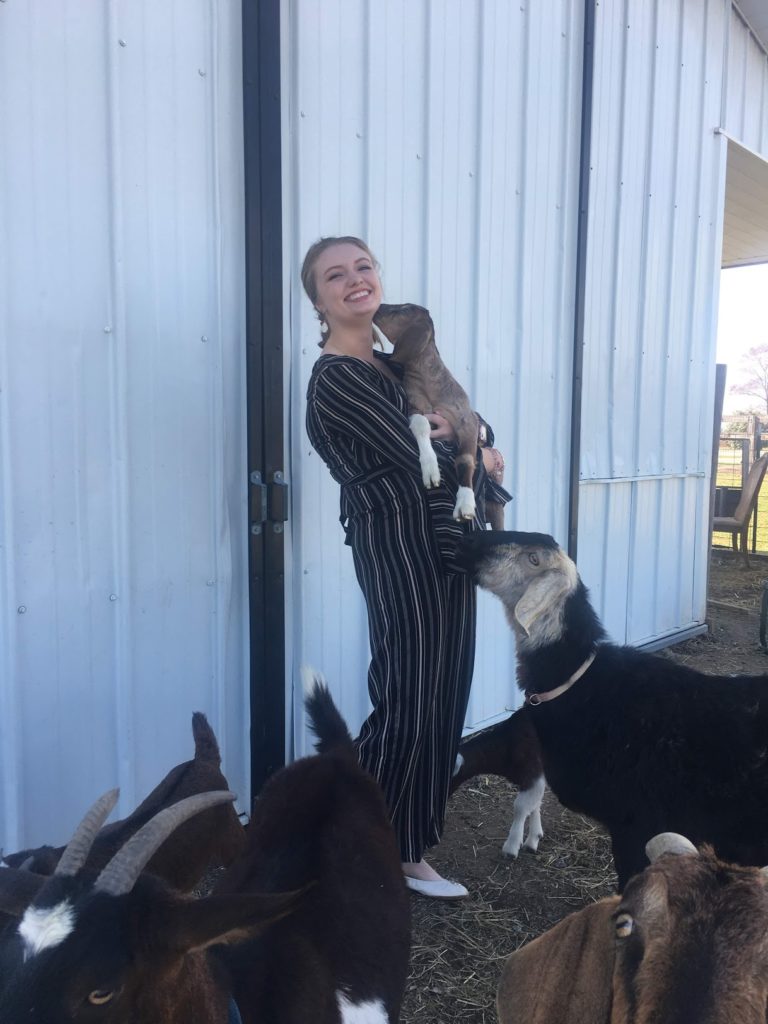
Every season brings new delights, especially in North Carolina. Here we have some of the most beautiful mountains and beaches in the world. Most North Carolinians have memories of hiking mountains, grilling out at camping sites, and going to the beautiful Outer Banks to watch the sunset over the dazzling water. We are connected to the land through heritage, experience, and memory. We want to protect our land, but many in the South need a better understanding of how climate change is directly affecting their own lives.
We are connected to the land through heritage, experience, and memory.
These connections are why the South is the future for the climate change movement. The land we grew up on takes care of us, and we want to take care of it. We are passionate about our home, and I think that creating non-partisan advocacy and awareness in the South will create an unstoppable movement; a movement that will protect the nature that shapes who we are and who our children will be. This bond with the land will forever be unbroken.
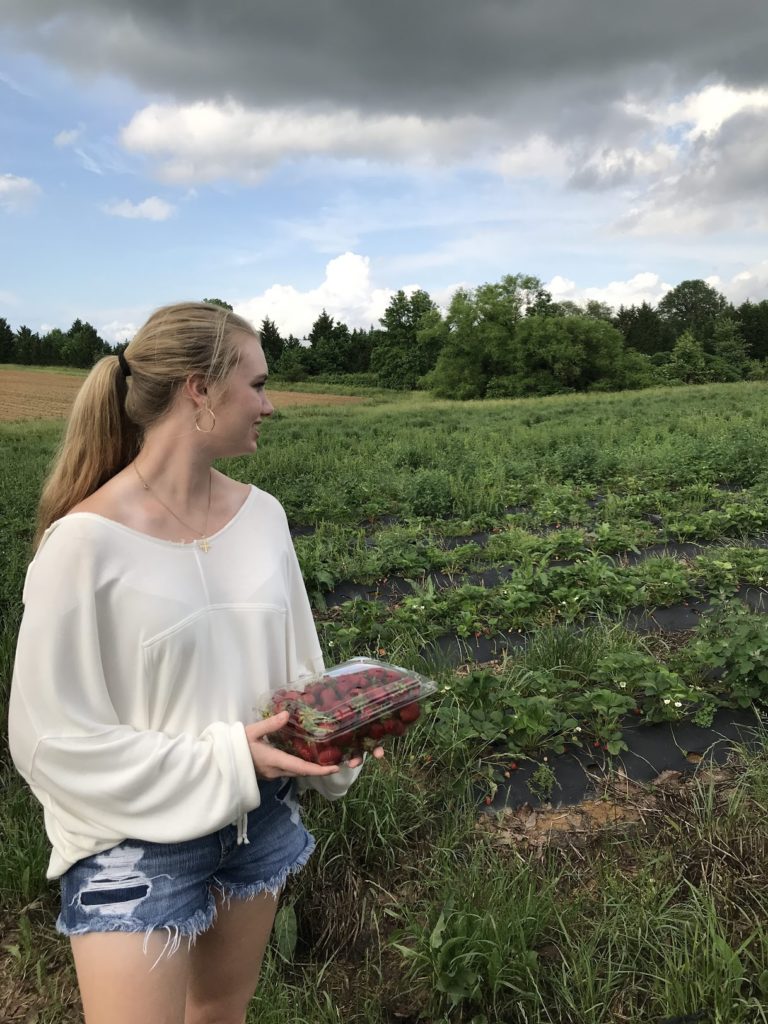
Following my Great Grandmother’s Traditions, With a Twist
I grew up connected with the land. Trips to Hanging Rock state park were a common occurrence in my household, and I come from a long line of rummaging around the woods as a kid. My Great Grandmother actually got featured in an article for taking up to ten of her grandchildren, nieces, and nephews camping at one time, including my father, who would spend hours upon hours out in the woods. They taught me that beauty is not just in the grandiose mountains that border our state, but also in the woods behind my house, in the farms we pass on the road, the occasional backyard snow day, and in the magical tunnels of changing leaves during the fall.
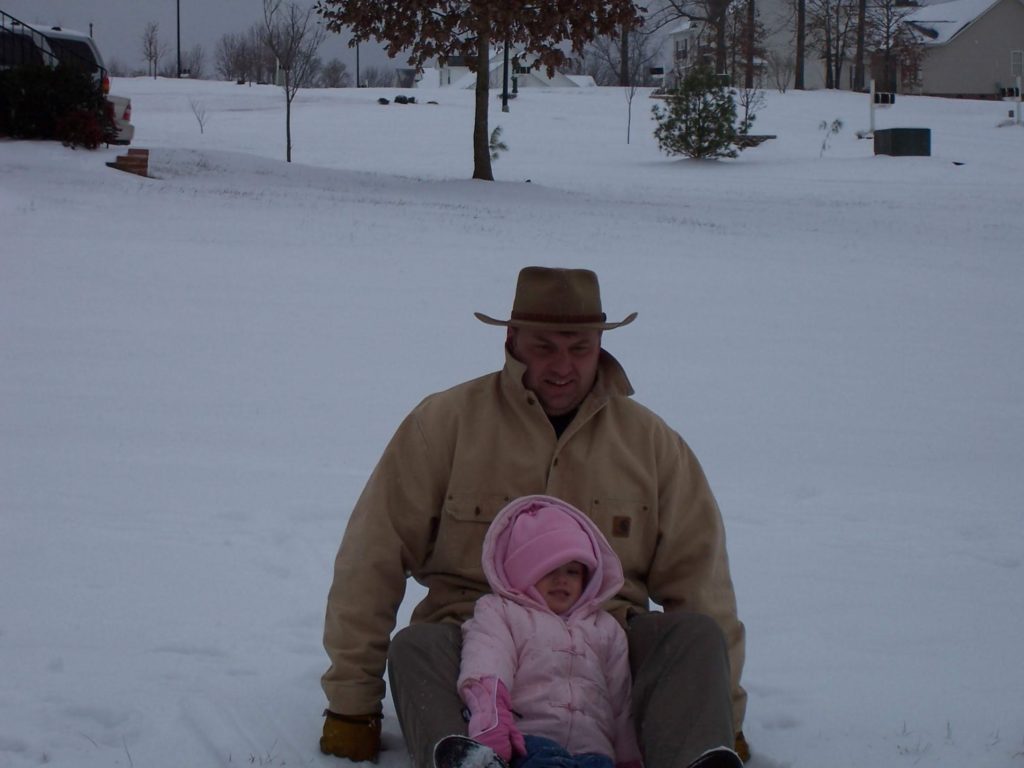
At the end of my first year of college, the COVID-19 pandemic struck. I suddenly found myself with a lot of time on my hands. My boyfriend, an avid backpacker and general outdoorsman, and I decided to do some hiking as our chosen socially distanced activity. Admittedly, at first I wasn’t really looking forward to the hikes. It had been years since I had been hiking, and as someone who is prone to bug bites and sunburns, I was a little apprehensive. However, it did not take long for my worries to quickly fade to pure ecstasy.
It felt as if nature hand-picked the moment just for me.
Between March and June, we hiked Mount Mitchell, Linville Gorge, Roan Mountain, and countless small trails in between. There is nothing in the world that I love more than sitting on top of a mountain, looking out across the horizon and being surrounded by peaks as far as the eye can see. These trips became a release, a way to just forget the chaos of everyday life. I felt myself being enveloped by gorgeous views, clean air, and brisk winds. It felt as if nature hand-picked the moment just for me.
The Mountains Calling Me Home
While the pictures are beautiful, there is just something about the mountains in North Carolina that makes the moment even more special, no matter who you are. The mountains tell me I am home. Every little piece of the experience resonates with my Southern heritage. The cool breeze is like a sip of sweet tea on a humid summer day. The sun beaming down, warming you up when you reach the peak, is like a steaming hot plate of biscuits and gravy on a chilly Sunday morning. The sweet smell of the trees is like a family gathering, inviting you in to mingle, learning about your past. North Carolina’s wilderness is part of my history, and being surrounded by nature makes me feel not only more connected to the Earth, but also to myself and my identity.
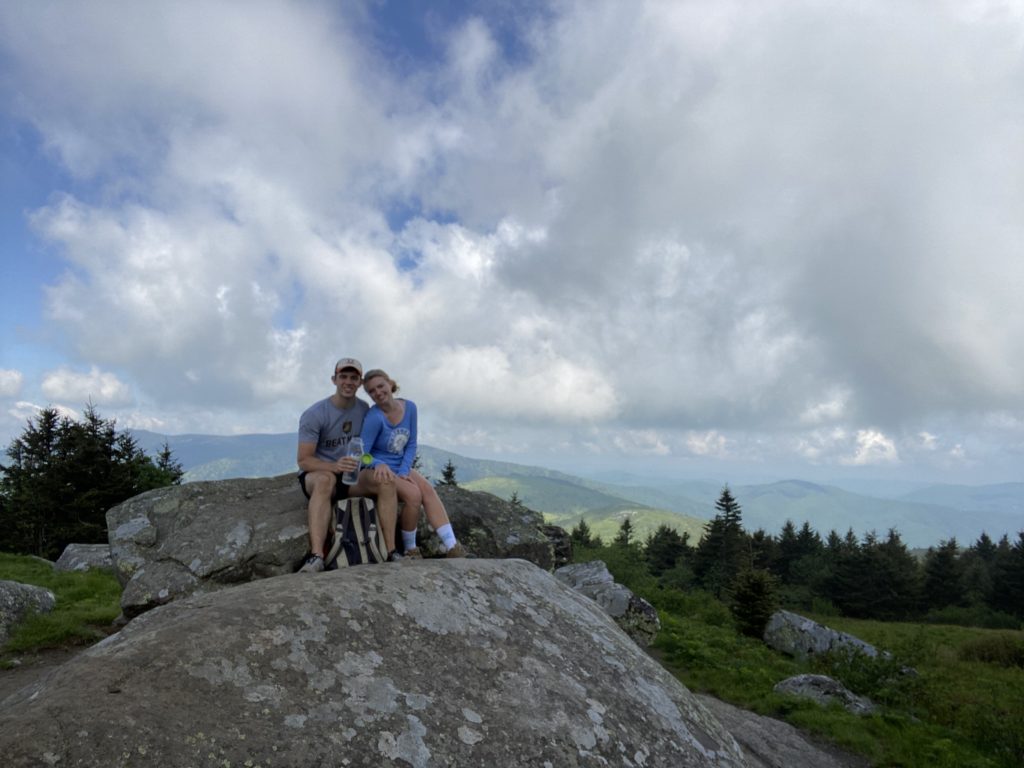
While exploring the mountains that are so deeply a part of me, the startling truths about the current state of our planet loomed in my mind. Thinking about all of the beauty that would be lost if we do not take action, I felt a massive weight on my shoulders. I knew I had to do something. I could not just sit idle and watch the statistics get increasingly worrisome. On this trip, I had an epiphany that led me to where I am today: I can do something. I decided that I wanted to go into environmental law, fighting for our climate from a legal standpoint. I changed my major to environmental science, with a minor in geography. I figured out my passion, and found a way that I could make a change.
How My Southern Parents Showed Me My Power
In my courses at the University of North Carolina at Chapel Hill, I learned so much more about our environment and how we interact with it. When I called my parents, I would tell them all of these terrible things that were going on concerning the environment and how nobody seemed to care about them. Then, the next time I came home I noticed a complete shift in my household. My parents had really listened to me, and suddenly everything was being switched to sustainable products. My parents had bought reusable everything: dryer balls, ziplocks, straws, K-Cups, and more. Seeing their efforts to make a difference made me so excited! I was proud to see my family not only changing their lifestyles for my sake, but for the sake of the Earth.
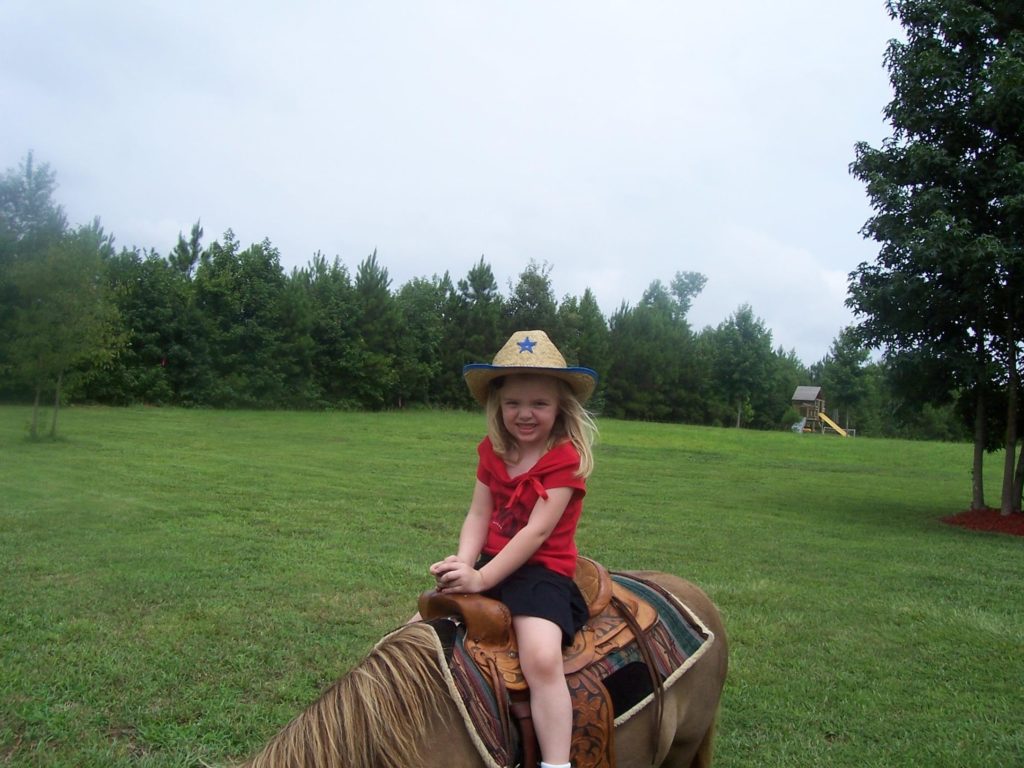
While I know on its own my parents reducing their waste is not going to change the current state of our climate, it shows one important thing: people care. They just often do not know the current issues facing our environment, or steps they can take towards the solution. Many people, especially in the South, may take more action to conserve resources and protect the environment if they know more about the current and future state of our Earth and what they can do to make a difference. My family’s change in the way that they think about their impact on the environment shows potential for the South to become a new center of action in the climate movement.
A GRITS Making a Change
My experiences with my family helped me better understand how just talking about our environment can make a difference. Overall, I think that communicating about climate change to the South is imperative. Oftentimes the South is stereotyped as uneducated and closed minded, but if we approach informing Southerners with this mentality, then of course they are not going to want to hear what people from the West and Northeast have to say about climate change. Southerners are smart, kind, and passionate people, and they want to take care of the land that they are so connected with. By creating more awareness in the South, we can start a new movement, one that will both provide a wider scope of people to support the change towards a more sustainable future, and begin work on bi-partisan agreement on climate issues.
Southerners are smart, kind, and passionate people, and they want to take care of the land that they are so connected with.
This is what I hope to accomplish during my time with the U.S. Green Chamber of Commerce. I want to help, as a GRITS, to spread climate knowledge effectively to the South, to help bolster honest and informed support from Southern states where climate change is not necessarily viewed as a top-priority issue. I know that through education, other Southerners will become just as passionate about the. environment as I am.
The South is my home, and it shaped me into who I am today. Now I want to give back to where I grew up, by giving Southerners the knowledge and power to participate in a movement that is more important than ever. I love my home and I want to protect it. Our situation may be dire, but we can make an impact, and we can encourage others to take a stand.
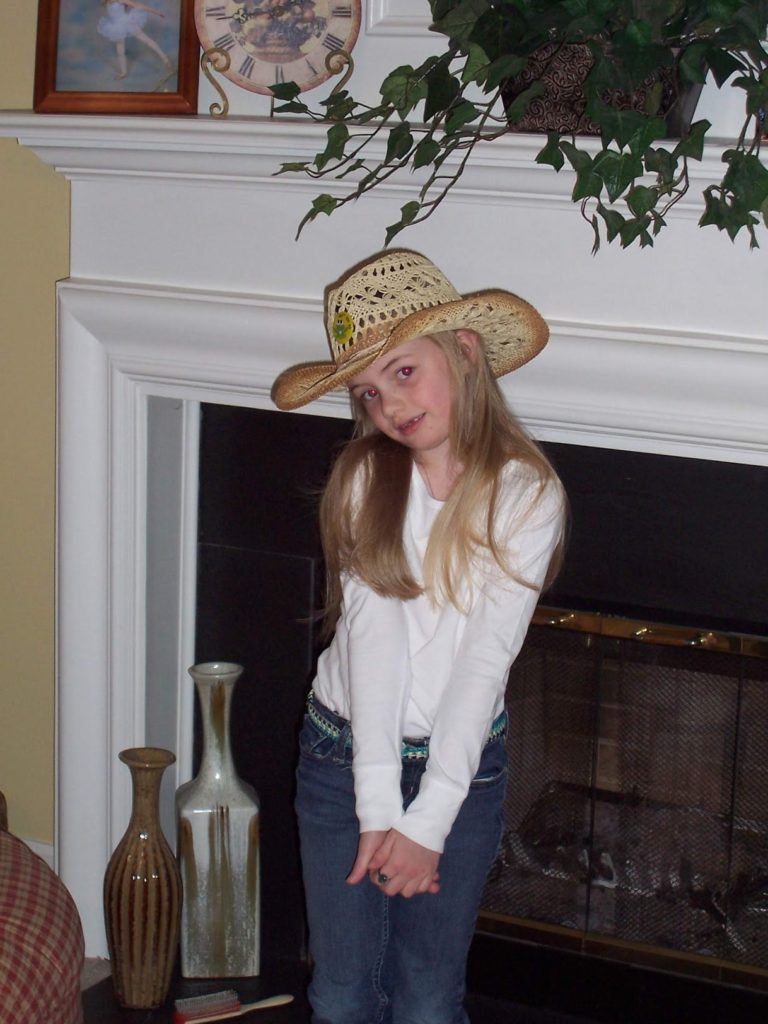



Hi Madison – your blog is inspirational,, illuminating tough subjects with such a beautiful and authentic perspective. I look forward to following the blog and seeing the results of your positive influence!! ❤️ With Love & admiration, from Boston – Kim
Hi Madison – your blog is inspirational,, illuminating tough subjects with such a beautiful and authentic perspective. I look forward to following the blog and seeing the results of your positive influence!! ❤️ With Love & admiration, from Boston – Kim
Thanks for sharing. I read many of your blog posts, cool, your blog is very good.
Thank you for your sharing. I am worried that I lack creative ideas. It is your article that makes me full of hope. Thank you. But, I have a question, can you help me?